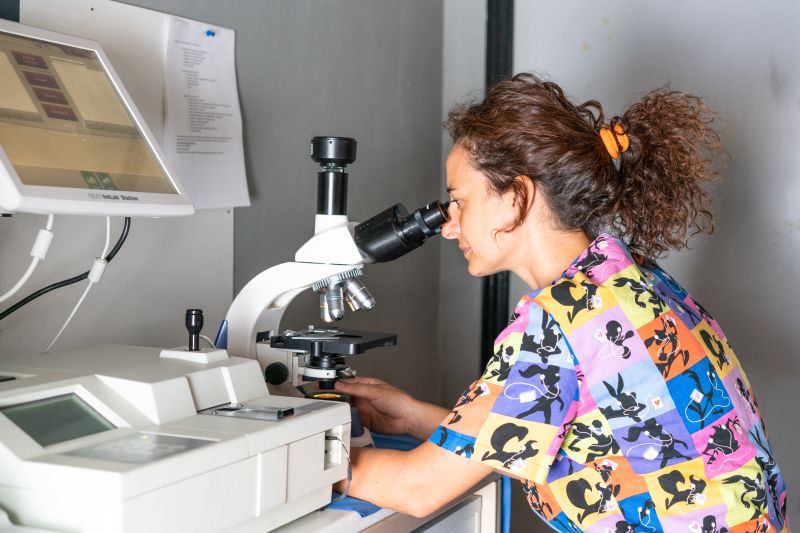The field of reproductive biology plays a vital role in the intersection of science and humanity, addressing fundamental questions about the creation of life, fertility, and reproductive health. The Reproductive Biology Research Program stands as a beacon in this domain, dedicated to unraveling the intricacies of reproduction while simultaneously improving the lives of countless individuals. This program bridges the gap between scientific discovery and its practical application, serving as an exemplar of how scientific research can profoundly impact humanity. Reproductive biology, the cornerstone of the program, investigates the processes governing human and animal reproduction. This field encompasses various disciplines, including genetics, endocrinology, developmental biology, and assisted reproductive technologies. By dissecting these intricate mechanisms, researchers can gain insights into fertility, infertility, and reproductive disorders that affect millions worldwide.

Fertility Advancements – The Reproductive Biology Research Program has contributed significantly to the development of assisted reproductive technologies ARTs. In vitro fertilization IVF, a groundbreaking technique, was one of the earliest achievements. This procedure has enabled countless couples facing infertility to fulfill their dreams of parenthood. The program continues to refine and expand upon these technologies, increasing success rates and accessibility to a broader demographic.
Addressing Infertility – Infertility is a distressing challenge for many, affecting approximately 10-15% of couples globally. The program’s research is pivotal in identifying the underlying causes of infertility, which can be attributed to numerous factors, such as hormonal imbalances, genetic mutations, or structural abnormalities. By unraveling these complexities, researchers can develop targeted therapies to address specific issues and increase the chances of conception.
Enhancing Reproductive Health – The Reproductive Biology Research Program extends its scope beyond infertility to encompass reproductive health at all stages of life. Studies into puberty, menopause, and contraception have yielded critical insights, ensuring that individuals have the knowledge and resources to make informed decisions about their reproductive health.
Genetic Advancements – The program also plays a significant role in genetic research, focusing on understanding the genetic underpinnings of fertility and reproductive disorders. This knowledge empowers individuals to make informed decisions about family planning and provides critical insights into hereditary conditions that can be passed on to future generations.
Translating Science into Solutions – The hallmark of the Reproductive Biology Research Program is its commitment to translating scientific knowledge into practical solutions. Whether it is developing new treatment options for infertility, improving existing ARTs, or promoting reproductive health education, the program prioritizes the well-being of individuals and families.
Education and Outreach – Education and public outreach are integral components of the program. It ensures that the community is informed about the latest research, advances in reproductive health, and the available resources. Seminars, workshops, and informative materials empower individuals to take control of their reproductive choices.
The UTSA Reproductive Biology Research Program stands as an exemplar of how science can bridge the gap between research and the betterment of human lives. By delving into the intricacies of reproductive biology, the program not only expands our understanding of life’s creation but also offers practical solutions to address fertility issues and promote reproductive health. Through its dedication to education and outreach, it ensures that the knowledge and advancements reach those who need them the most.